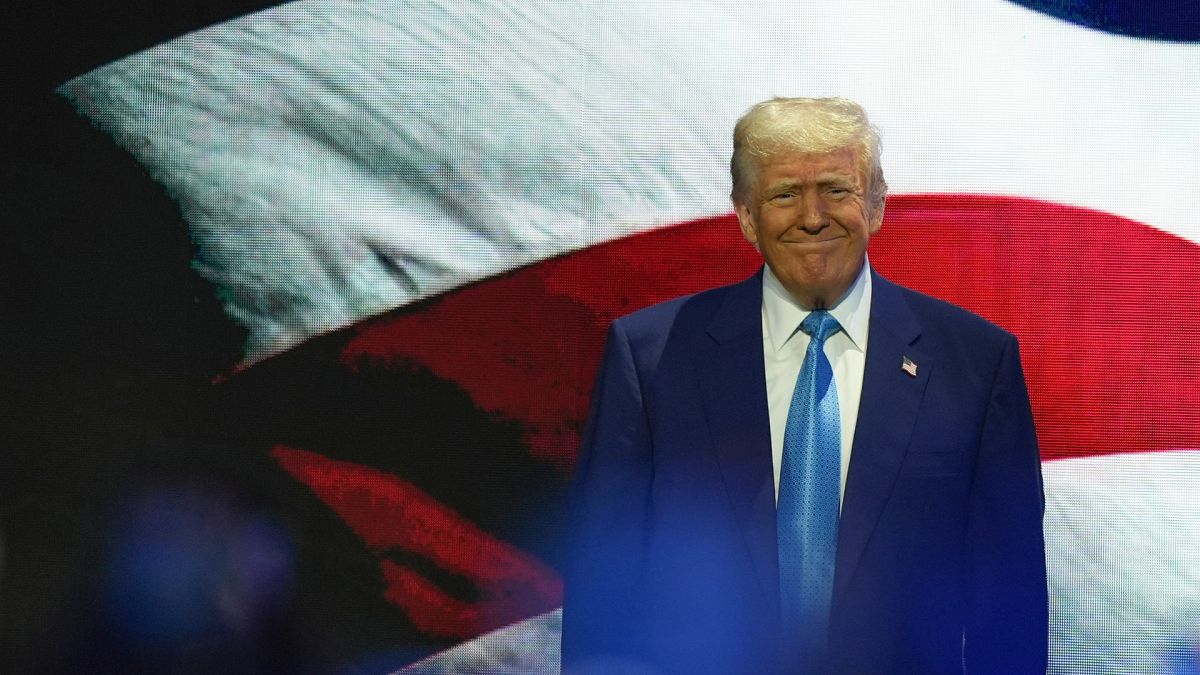Trump raises threat of higher tariffs on more goods entering the US

US President Donald Trump has signalled plans to impose a 25% tariff on car imports, along with similar or higher levies on pharmaceutical products and semiconductor chips.
US President Donald Trump said he may impose a 25% tariff on auto, pharmaceutical, and semiconductor imports as soon as 2 April. He indicated that companies would be given time to relocate their manufacturing plants to the US before new levies are announced.
Trump’s widening tariff threats
The announcement marks the latest escalation in Trump’s tariff plans, further heightening the risk of a trade war between the US and its global trading partners. Last week, the president signed an executive order to investigate trade relations with the aim of introducing reciprocal tariffs, expected to take effect as early as 1 April. Previously, he announced 25% tariffs on steel and aluminium, likely starting from 4 March.
These import duties will particularly impact the US’s largest trading partners – Mexico and Canada. Once implemented, both countries will face compound tariffs across the three sectors, as Trump has paused blanket 25% levies that may take effect in March. He has also imposed a 10% tariff on China this month, prompting retaliatory measures from Beijing.
Speaking to reporters at his Mar-a-Lago club on Tuesday, Trump confirmed that auto tariffs would be set at 25%. Levies on pharmaceutical products and computer chips could be even higher. “It’ll be 25% and higher, and it’ll go very substantially higher over the course of a year,” he said when asked about potential tariff costs for the two sectors.
Trump has used tariff threats as leverage to rebalance US trade relations, aiming to reduce the trade deficit and bring manufacturing back to the country. His proposed tariffs are likely to take effect in April, allowing time for negotiations.
Potential impact on the EU
Cars and pharmaceutical products are two of the European Union’s (EU) major exports to the US. According to the US Census Bureau, the US imported $127bn (€121.4bn) worth of pharmaceutical products in 2024. A significant portion of these imports came from the EU, particularly GLP-1 weight-loss drugs, where Novo Nordisk’s Wegovy holds a substantial market share.
Novo Nordisk’s shares have fallen 6% this year, following sluggish earnings results and growing concerns over competition from US rival Eli Lilly. The healthcare sector has also been one of the worst-performing sectors in the Pan-European Stoxx 600 over the past five trading days.
European car makers could also face mounting challenges if Trump imposes compound import levies on goods from Mexico and Canada. Major manufacturers such as Volkswagen and Stellantis have production plants in both countries. However, despite the tariff threat, European auto stocks have been rallying this year due to delays in action from the US president.
In response to Trump’s tariff threats, particularly on car imports, the European Union said in a statement on Tuesday: “No specific offer on reducing tariffs has been made by either side. Any tariff reductions must be mutually beneficial and negotiated within a fair and rules-based framework. The EU remains committed to deepening transatlantic trade relations and addressing tariff concerns through constructive dialogue.”
European markets rally may pause
Despite Trump’s widening tariff threats, European stock markets have performed strongly this year. The recent surge in defense stocks has repeatedly pushed benchmarks such as the DAX and the Euro Stoxx 600 to new highs. However, the rally could take a breather as rising European government bond yields threaten to put pressure on equity markets.
In addition to US-EU trade tensions, the upcoming German election is expected to weigh on investor sentiment.
“…Markets are pricing in a deterioration in US-EU relations, a risk premium tied to Sunday’s German elections, and the potential for higher insurance costs as European nations seek to finance a sharp increase in defence spending,” wrote Michael Browns, senior research strategist at Pepperstone in London, in a note.
World News || Latest News || U.S. News
Source link



